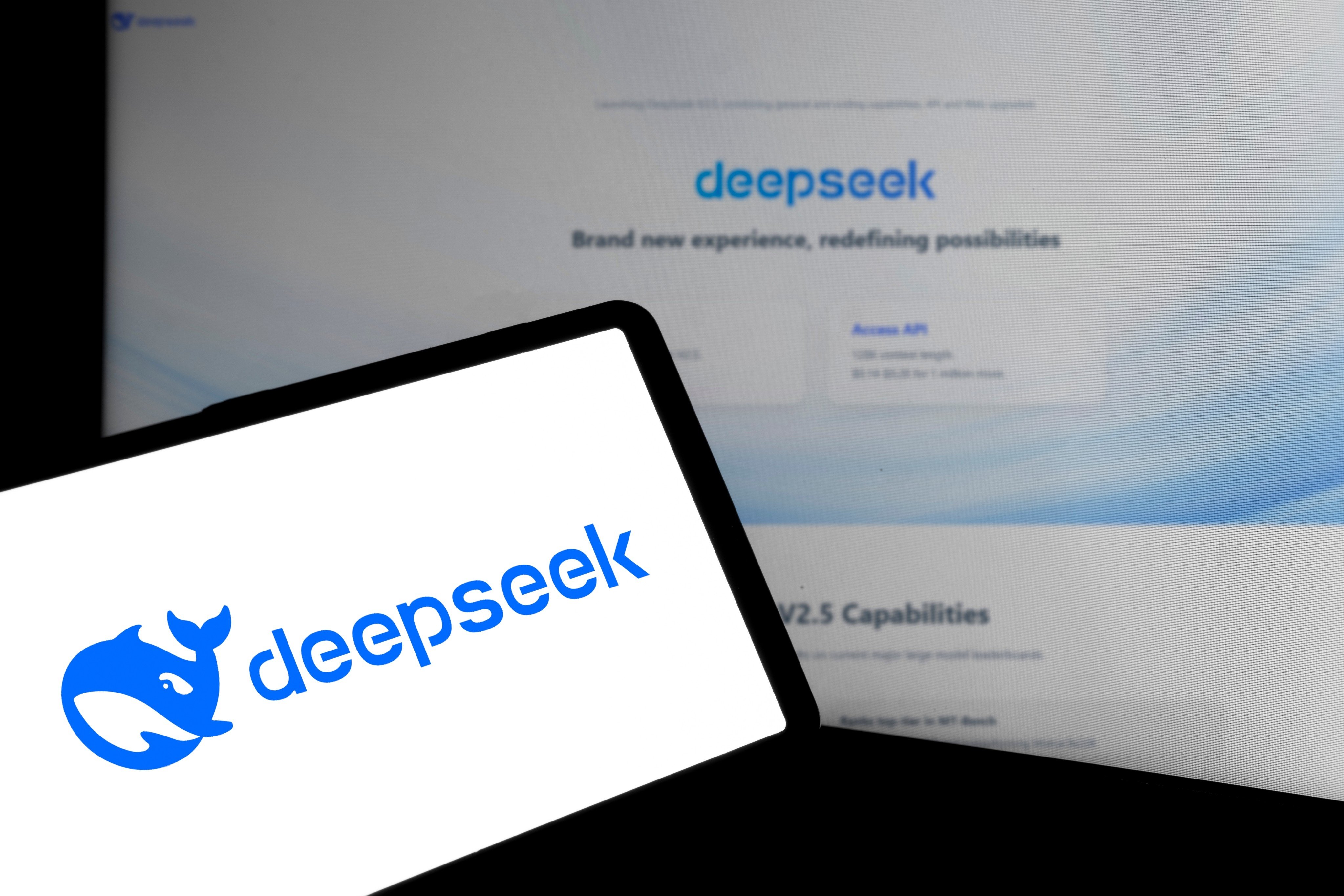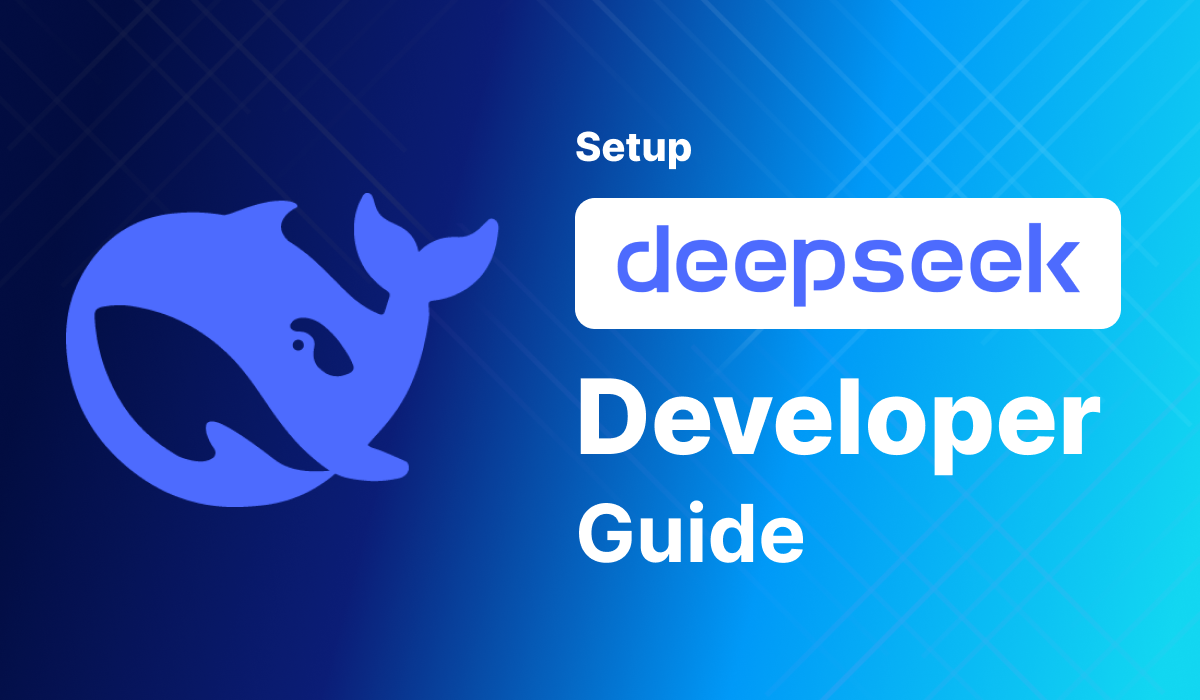This company has no active jobs
Company Information
- Total Jobs 0 Jobs
- Category Agriculture
- Location Bahrain
- Full Address YG
About Us
ARTIFICIAL INTELLIGENCE aND tHE FUTURE OF EDUCATION

Technology is altering our world at an amazing rate! Its sweeping changes can be discovered all over and they can be referred to as both thrilling, and at the same time terrifying. Although people in numerous parts of the world are still attempting to come to terms with earlier technological revolutions along with their sweeping social and instructional implications – which are still unfolding, they have been woken up to the reality of yet another digital revolution – the AI revolution.
Artificial Intelligence (AI) innovation refers to the ability of a digital computer system or to carry out jobs that would otherwise have actually been performed by humans. AI systems are developed to have the intellectual procedures that define people, such as the ability to reason, find significance, generalize or forum.batman.gainedge.org gain from previous experience. With AI technology, vast amounts of information and text can be processed far beyond any human capacity. AI can likewise be used to produce a vast variety of brand-new material.

In the field of Education, AI technology features the possible to enable new types of mentor, finding out and educational management. It can likewise enhance finding out experiences and support teacher jobs. However, despite its favorable potential, AI also poses significant risks to trainees, the teaching neighborhood, education systems and society at big.
What are some of these dangers? AI can reduce teaching and discovering processes to computations and automated tasks in methods that devalue the function and influence of teachers and compromise their relationships with learners. It can narrow education to only that which AI can process, design and deliver. AI can also aggravate the worldwide shortage of certified instructors through out of proportion costs on innovation at the expense of investment in human capacity development.
Making use of AI in education likewise produces some fundamental questions about the capacity of instructors to act actively and constructively in determining how and when to make judicious usage of this innovation in an effort to direct their professional development, discover services to obstacles they deal with and improve their practice. Such fundamental concerns include:
· What will be the function of teachers if AI innovation become commonly executed in the field of education?
· What will assessments look like?
· In a world where generative AI systems appear to be developing new capabilities by the month, what skills, outlooks and cadizpedia.wikanda.es competencies should our education system cultivate?
· What modifications will be needed in schools and beyond to assist trainees plan and direct their future in a world where human intelligence and maker intelligence would seem to have become ever more carefully linked – one supporting the other and vice versa?
· What then would be the function or role of education in a world controlled by Artificial Intelligence innovation where people will not necessarily be the ones opening new frontiers of understanding and knowledge?

All these and more are intimidating questions. They require us to seriously consider the concerns that emerge regarding the application of AI technology in the field of education. We can no longer just ask: ‘How do we get ready for an AI world?’ We must go deeper: ‘What should a world with AI appear like?’ ‘What functions should this effective innovation play?’ ‘On whose terms?’ ‘Who decides?’
Teachers are the main users of AI in education, and they are anticipated to be the designers and facilitators of students’ knowing with AI, the guardians of safe and ethical practice across AI-rich instructional environments, and to act as role designs for long-lasting discovering about AI. To assume these responsibilities, teachers require to be supported to establish their capabilities to take advantage of the prospective advantages of AI while mitigating its risks in education settings and broader society.

AI tools need to never be created to change the genuine accountability of teachers in education. Teachers need to remain accountable for pedagogical choices in making use of AI in mentor and in facilitating its usages by trainees. For instructors to be liable at the practical level, oke.zone a pre-condition is that policymakers, teacher education organizations and schools assume duty for preparing and supporting teachers in the proper usage of AI. When presenting AI in education, legal defenses need to also be developed to safeguard teachers’ rights, and long-term monetary dedications require to be made to ensure inclusive gain access to by teachers to technological environments and fundamental AI tools as essential resources for adjusting to the AI age.
A human-centered technique to AI in education is critical – a method that promotes key ethical and
practical concepts to help control and guide practices of all stakeholders throughout the whole life cycle of AI systems. Education, provided its function to secure as well as help with development and learning, has an unique responsibility to be completely familiar with and responsive to the risks of AI – both the recognized risks and those only simply emerging. But frequently the risks are ignored. The usage of AI in education therefore needs careful consideration, consisting of an examination of the evolving roles instructors need to play and the competencies required of instructors to make ethical and reliable usage of Expert system (AI) Technology.
While AI uses opportunities to support teachers in both teaching along with in the management of discovering procedures, meaningful interactions between teachers and trainees and human growing must remain at the center of the educational experience. Teachers must not and can not be replaced by innovation – it is essential to safeguard instructors’ rights and guarantee sufficient working conditions for them in the context of the growing use of AI in the education system, in the work environment and in society at big.

